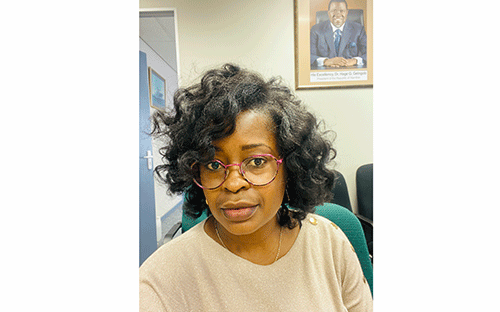Namibia’s Fisheries Observer Agency is one of the country’s critical state-owned enterprises, tasked with safeguarding the natural resources for future generations, despite serious challenges.
They play a critical role that ultimately contributes to the sustainable management and harvesting of marine resources by reporting offences at sea.
Globally, fisheries observers play an important role, especially in compliance with fisheries legislation.
In Namibia, the observer’s programme was established in 1991 as part of the Ministry of Fisheries and Marine Resources’ Monitoring, Control and Surveillance programme.
About 200 observers, of which 40 are women, are deployed at Walvis Bay and Lüderitz.
They cover about seven different fish species that are either caught through trawling, line to ring and trap fisheries.
“It is sometimes a challenging task for our observers. However, it is important; they accompany fishing vessels on their fishing trips, seeing that it’s important for them to not only monitor such activities but also collect data,” said Dr Victoria Ndinelago Erasmus, the operations manager of the Fisheries Observer Agency.
According to Erasmus, the data collected by the observers is important in terms of stock assessment of various commercially exploited marine species.
Apart from that, she said, the observers also contribute to efforts aimed at curbing illegal, unreported and unregulated fishing as well as the handling and processing of marine resources at sea.
“They also monitor fishing activities by ensuring the licenced fishing vessels are adhering to the laws and regulations governing fishing activities in the Namibian waters and international waters.
She then highlighted that the biggest challenge observers experience while deployed are language barriers, especially with the non-English speaking crew, as well as unfavourable weather conditions, which can hinder sampling.
According to Erasmus, the relationship between some vessel captains and crew is also not conducive for observers, as they sometimes get denied access to radio.
“For example, if you want to call observers, they should have access. They also have to deal with poor ventilation on some vessels or share cabins with crew members that might expose some confidential documents,” she explained.


